TRAINING OPPORTUNITIES
PAST TRAININGS & EVENTS
Science Solutions Online Series:
Working Together to Protect Rookery Bay
June - October, 2020
In our online 2020 Science Solutions series, you can learn about the conservation work happening at Rookery Bay with a FREE webinar and then take it to the next level by participating in an interactive skill building workshop.
Learn how the research at Rookery Bay resulted in changes to spraying techniques and how current mosquito control is driven by integrative pest management.
Speakers: Dr. Michael Shirley & Dr. Keira Lucas
June 18, 2020 – Click to View Recording
Explore and understand established social science methods to help increase your capacity to deal with the human dimensions of an environmental issue.
Speakers: Brenna Sweetman & Chris Ellis
June 30 & July 1, 2020
Learn how scientists are working with community leaders to address climate change threats like sea level rise and increased hurricane intensity.
Speakers: Dr. Mike Savarese, Linda Penniman, & Kevin Godsea
July 9, 2020 WEBINAR – Download PDF of the Presentation
Stories and storytelling are essential for turning our evidence into action. How people understand their communities, their environment, their politics, and even themselves is driven in significant part by story.
Speakers: Jason Jordan & Liz Lang
July 28 & 29, 2020
Learn how the second chance critical wildlife area was created and how you can help protect shorebirds as a volunteer.
Speakers: Brad Cornell, Adam DiNuovo, & Keith Laakkonen
August 6, 2020 WEBINAR – Click to view Recording
Learn how to engage your audience and design effective PowerPoint slides.
Speaker: Cathy Angell
August 20, 2020
Learn how this project addressed the issues of altered freshwater flows through hydrologic, ecologic, and social science research, education, and partnerships.
Speaker: Tabitha Stadler
September 8, 2020 WEBINAR – Click to view Recording
In this workshop, you will learn about the ways mental and cultural models contribute to conflict and collaboration by participating in a situation map activity.
Speaker: Chris Feurt
September 24, 2020
Learn how scientific research is bringing mangroves back to life on Marco Island and why it’s important to you.
Speakers: Ken Krauss & Corey Anderson
October 13, 2020 WEBINAR – Click to View Recording
Learn how ecosystem services can be used to investigate and communicate the benefits of managing natural coastal areas.
Speaker: Sara Mason
October 21 & 22, 2020

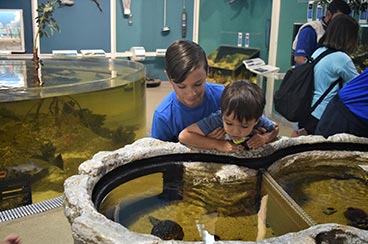
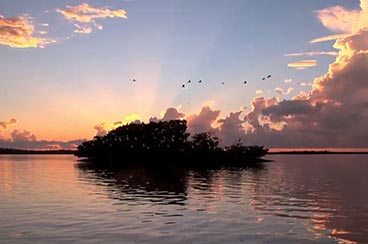
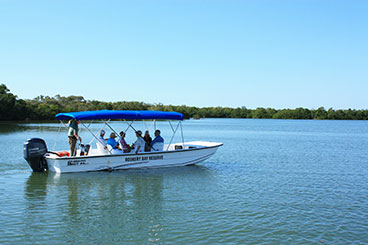
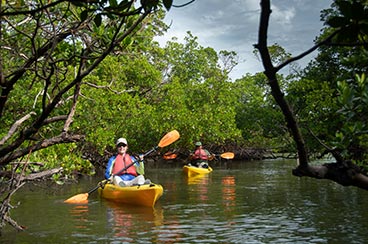
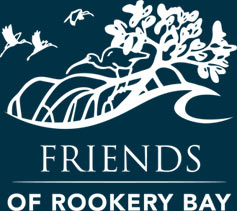
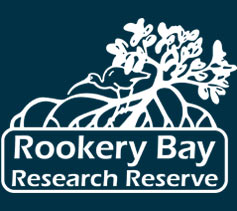
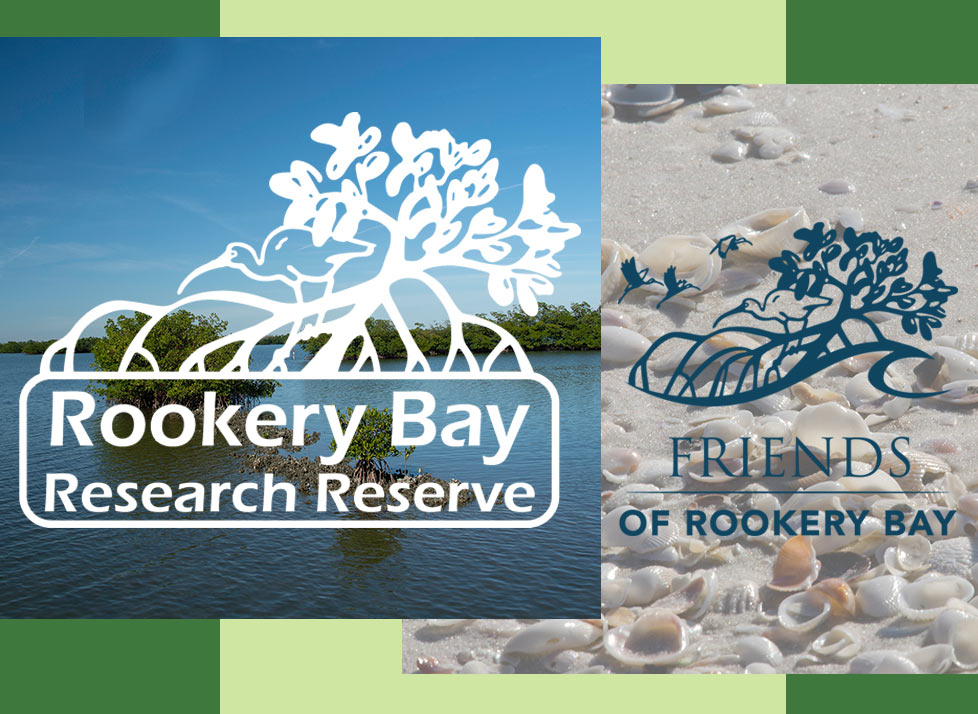
South Florida’s Social Coast Gathering
March 8, 2022
12:00PM – 4:00PM ET
In our world now, it is so important to try to reach people where they are—in their communities and regions. Happening across the nation, the Local Gatherings will do just that. These will be spaces for participants to have deep discussions on locally relevant coastal issues, social science methods and practices, and living in coastal communities.
Impact